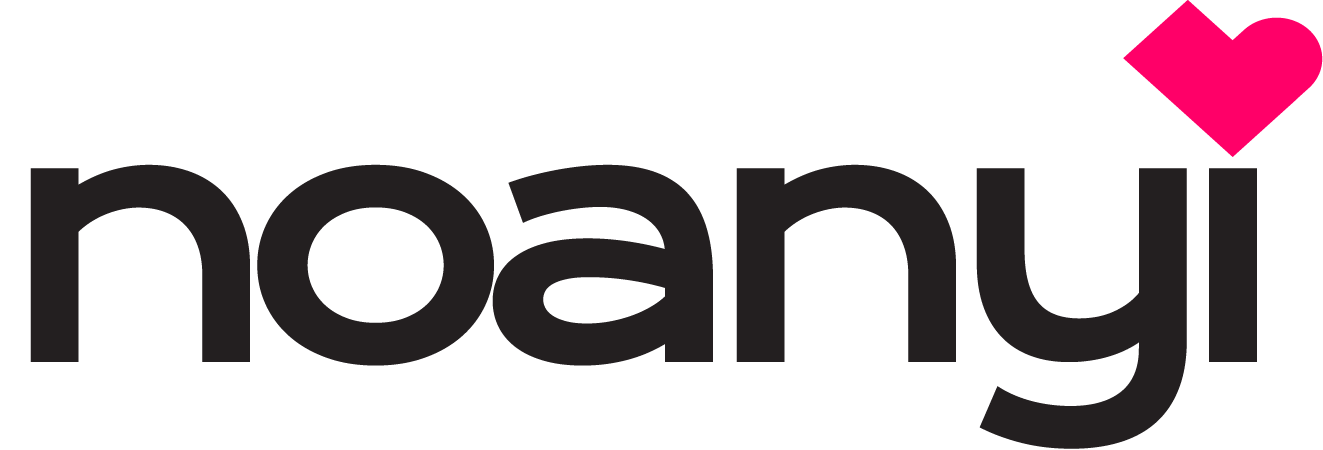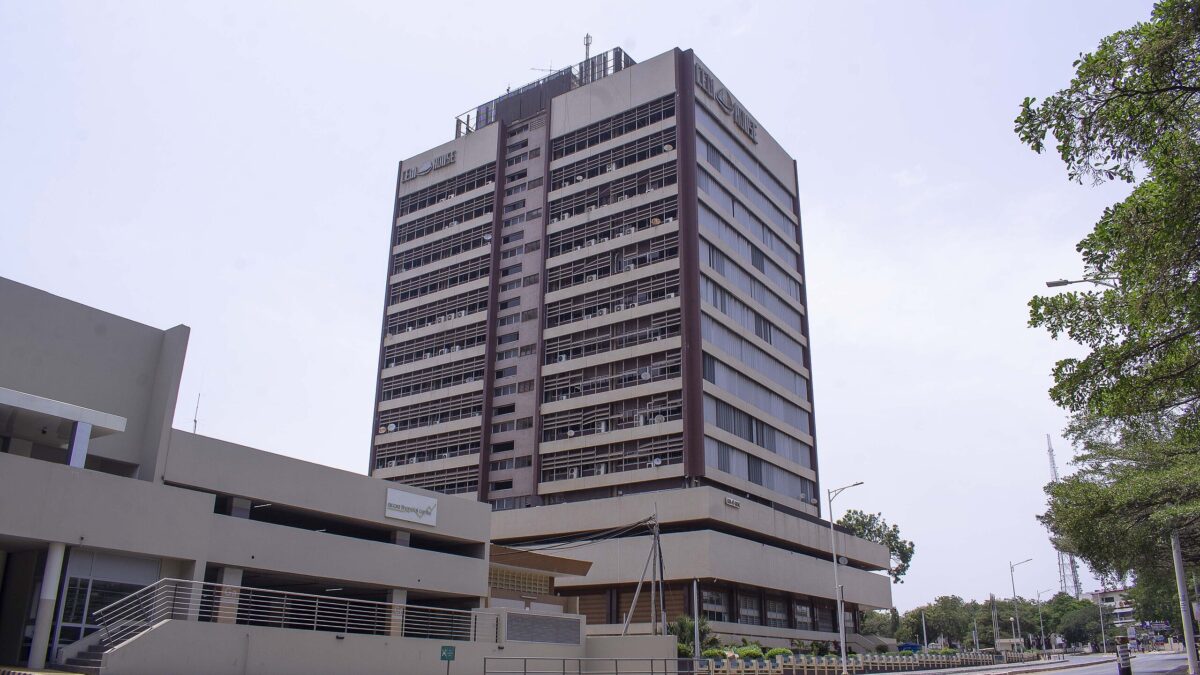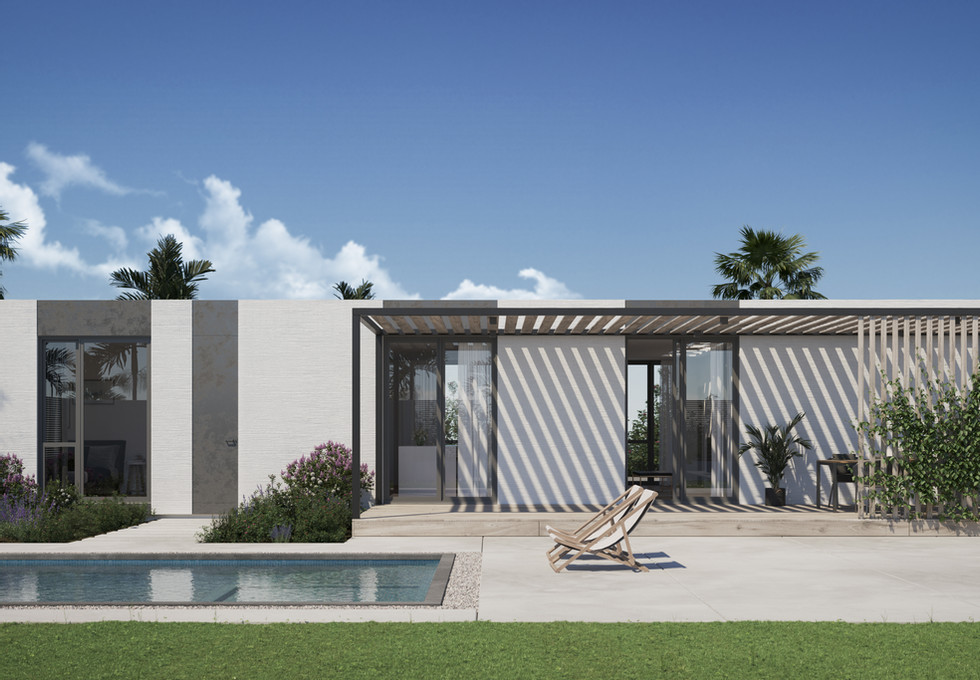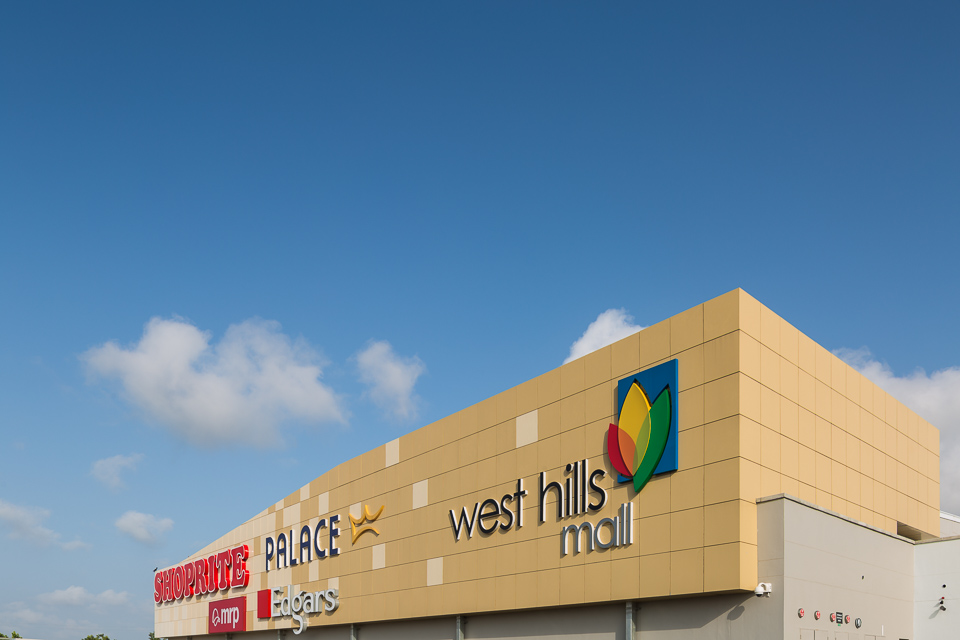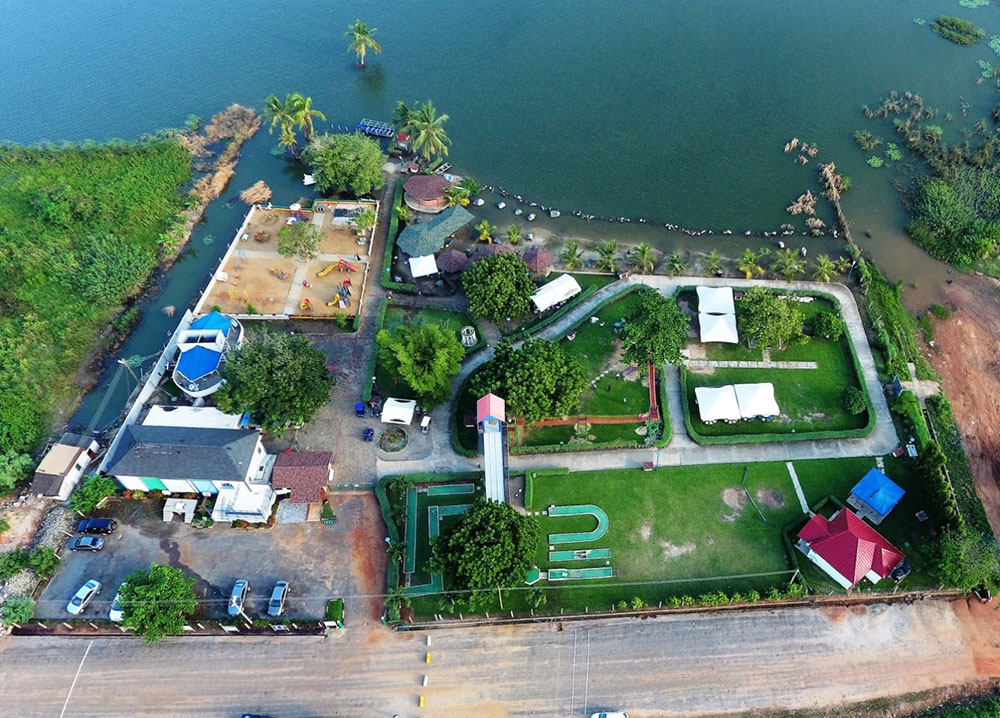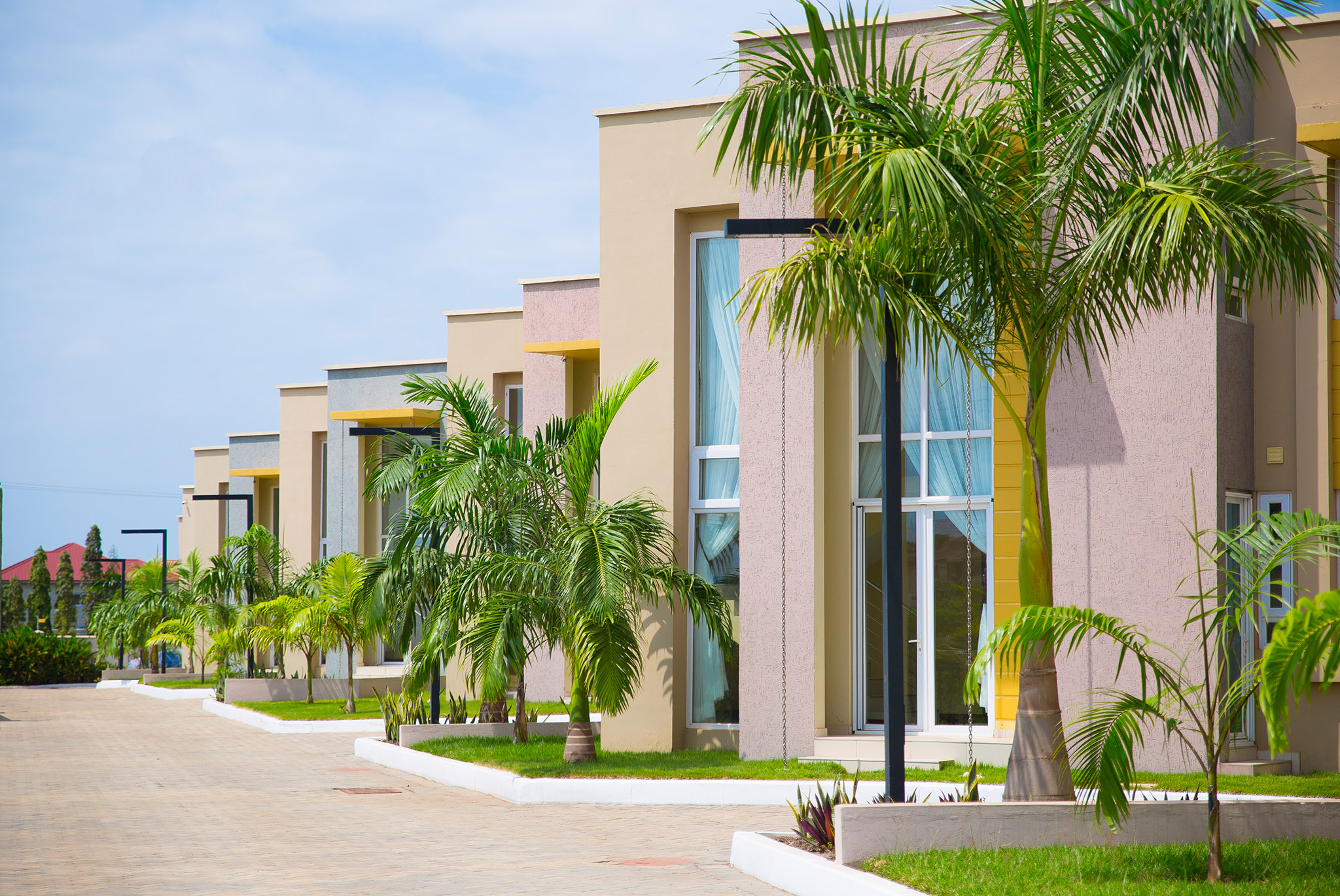From discounts to flexible plans, the housing sector is adjusting but the bigger test is whether buyers and top developers truly back the cedi.
Ghana’s real estate market is getting a reality check. The Bank of Ghana has tightened its stance, reminding developers that property prices must be quoted strictly in cedis, not dollars. At the Graphic/GREDA Home Fair, leading firms like GHS Housing and Molders Group admitted they’ve had to adjust to this directive.
For the uninitiated, the US dollar has dominated Ghana’s real estate pricing for years. Developers and landlords preferred the dollar as a buffer against the cedi’s unpredictable swings.
Developers are now dangling sweeteners like discounts, flexible payment plans, and free site visits to keep buyers interested – although, this is hardly different from what already existed. From budget one-bedrooms at Kuntunse (by GH Housing) to multi-million-cedi townhomes at East Airport (by Molders Developers), the message is clear: homeownership is being repackaged as attainable.
Beyond the marketing, though, the shift is symbolic. It’s not just about obeying a directive but about testing whether Ghanaians can trust the cedi in high-stakes transactions like homeownership. The housing sector is being forced to reframe itself: not just as a marketplace for shelter, but as a barometer of confidence in the local economy.
Will bigger players like Clifton Homes, Trasacco or Devtraco play ball? That remains to be seen.
